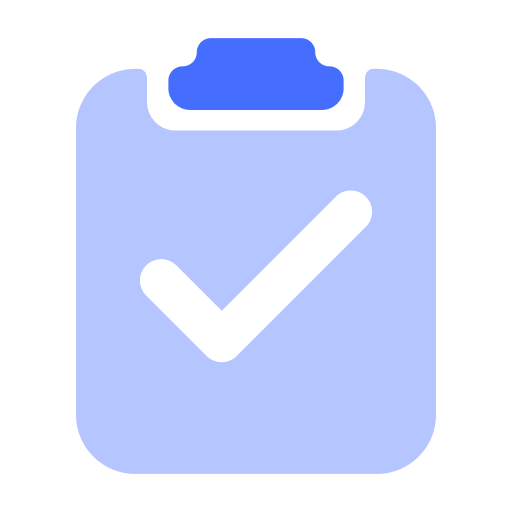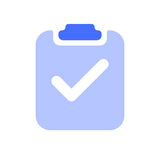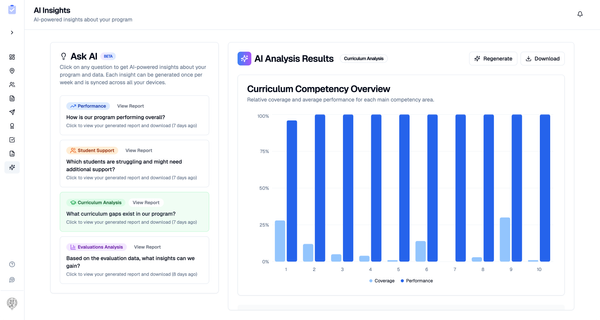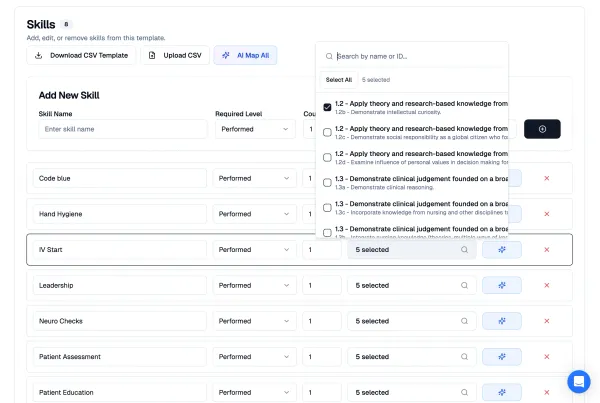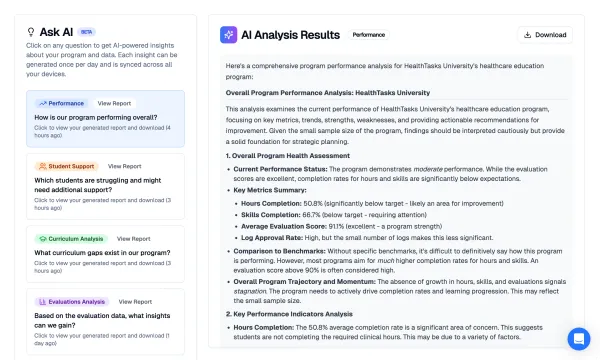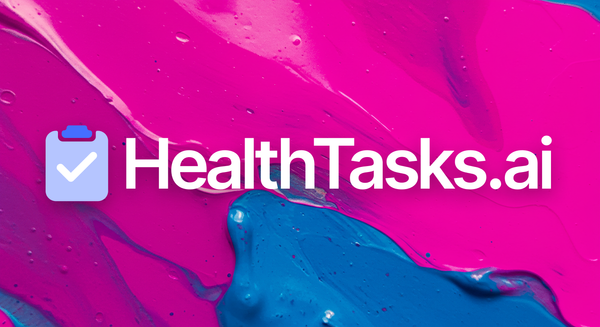How Nursing Educators Can Help Improve Their Students' Time Management Skills

Time management is an essential skill for nursing students, as it directly impacts their ability to succeed both academically and clinically. Effective time management not only helps students meet their educational goals, but also prepares them for the fast-paced, high-stakes environment of healthcare. Nursing educators play a critical role in teaching these skills, ensuring their students are ready for the real-world demands of nursing practice.
In today’s evolving healthcare landscape, tools like electronic clinical tracking systems (ECTS) have become invaluable in this effort. NurseTasks stands out as a modern, innovative solution that not only provides digital data collection but also real-world applications through real-time skills logging. By acting as a bridge between electronic health records (EHRs) and traditional tracking systems, NurseTasks empowers nursing students to manage their time efficiently while preparing them for success in clinical practice.
The Consequences of Poor Time Management in Nursing
Nursing students who struggle with time management often face several pitfalls, both in their education and in real-world clinical settings. Some of the most significant consequences include:
- Substandard Patient Care
Inadequate time management can lead to poor prioritization of tasks, resulting in missed medications, delayed treatments, and incomplete documentation. These errors compromise patient safety and the quality of care delivered, which can negatively impact patient outcomes. - Lower HCAHPS Scores
The Hospital Consumer Assessment of Healthcare Providers and Systems (HCAHPS) scores are a key metric for measuring patient satisfaction in hospitals. Time management directly affects the quality of interactions between nurses and patients. When nurses are rushed or overwhelmed due to poor time management, they are less able to provide attentive care, explain treatments clearly, or address patient concerns—all factors that can lead to lower HCAHPS scores and poor patient experiences. - Nurse Burnout
Poor time management often leads to high levels of stress as nurses find themselves constantly behind schedule or struggling to meet their responsibilities. Over time, this stress can contribute to burnout, a condition characterized by emotional exhaustion, reduced personal accomplishment, and detachment from work. Nurse burnout not only affects the well-being of the individual nurse but also leads to higher turnover rates and reduced quality of care in healthcare settings.
Why Time Management Is Critical for Nursing Students
Developing time management skills in nursing school is essential to preventing these negative outcomes later in a student’s career. Good time management enables students to:
- Prioritize clinical tasks effectively
- Complete assignments and study for exams without last-minute stress
- Ensure proper patient care and accurate documentation during clinical rotations
- Balance personal and academic responsibilities, avoiding burnout
By focusing on time management early in their education, nursing students can build habits that will serve them throughout their careers, enhancing patient care and their own well-being.
Strategies to Help Nursing Students Improve Time Management
- Simulated Time-Pressured Scenarios
Nursing educators can integrate simulated clinical experiences with time constraints to help students practice managing their time in high-pressure situations. This gives them the experience of handling multiple priorities at once, similar to real-world healthcare settings. - Set SMART Goals
By encouraging students to set Specific, Measurable, Achievable, Relevant, and Time-bound (SMART) goals, educators can help them develop a framework for time management. These goals can focus on clinical tasks, studying, or even balancing their personal lives, giving students a clear sense of direction and accomplishment. - Leverage Technology for Real-Time Tracking
Utilizing electronic clinical tracking systems (ECTS) helps students monitor their progress, track clinical hours, and stay on top of their clinical objectives. These systems also allow educators to provide timely feedback, ensuring that students are meeting their goals effectively.
The Role of Electronic Clinical Tracking Systems (ECTS) in Time Management
Electronic clinical tracking systems have transformed nursing education, providing students with real-time tools to monitor their progress, track skills acquisition, and ensure they meet clinical requirements. However, traditional ECTS often fall short in bridging the gap between educational data collection and real-world application.
This is where NurseTasks excels. As an advanced ECTS, NurseTasks provides both digital data collection and real-world applications through real-time skills logging. This ensures that nursing students not only track their clinical hours and competencies but also learn to manage their time in a real-world context.
NurseTasks: The Innovative Solution for Time Management and Skill Development
NurseTasks stands out as the only modern and innovative ECTS solution that goes beyond digital data collection and provides real-world simulation.
- Real-Time Skills Logging
With NurseTasks, students can log their skills in real-time during clinical rotations, keeping accurate records and staying on top of their responsibilities. This fosters accountability and encourages students to manage their time effectively throughout the day, providing valuable productivity insights for educators to evaluate clinical performance objectively. This enables educators to intervene early if needed and helps students improve their time management and clinical skills as they progress. - Bridging EHRs and Traditional ECTS
Unlike other systems, NurseTasks functions as a bridge between electronic health records (EHRs) and traditional ECTS. This hybrid approach gives students hands-on experience with the digital tools they will use in the workplace, ensuring they are well-prepared to handle the demands of modern healthcare environments. NurseTasks uniquely allows students to demonstrate competency in real-world clinical scenarios, not just in an educational setting with simple data entry.
Poor time management skills can have serious consequences for nursing students, leading to substandard patient care, lower HCAHPS scores, and nurse burnout. By integrating strategies such as time-pressured simulations, goal setting, and leveraging technology platforms like NurseTasks, nursing educators can help students develop essential time management skills that will serve them throughout their careers.
